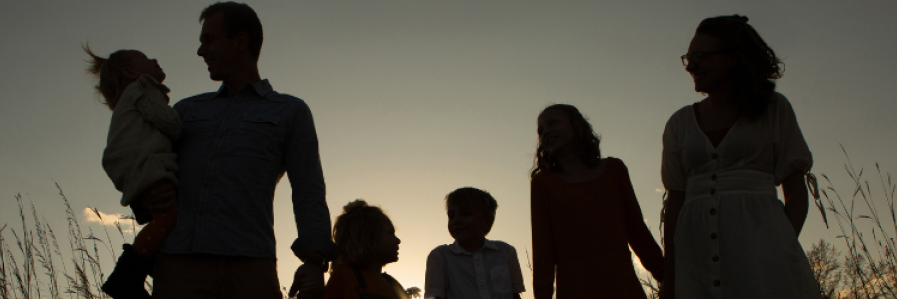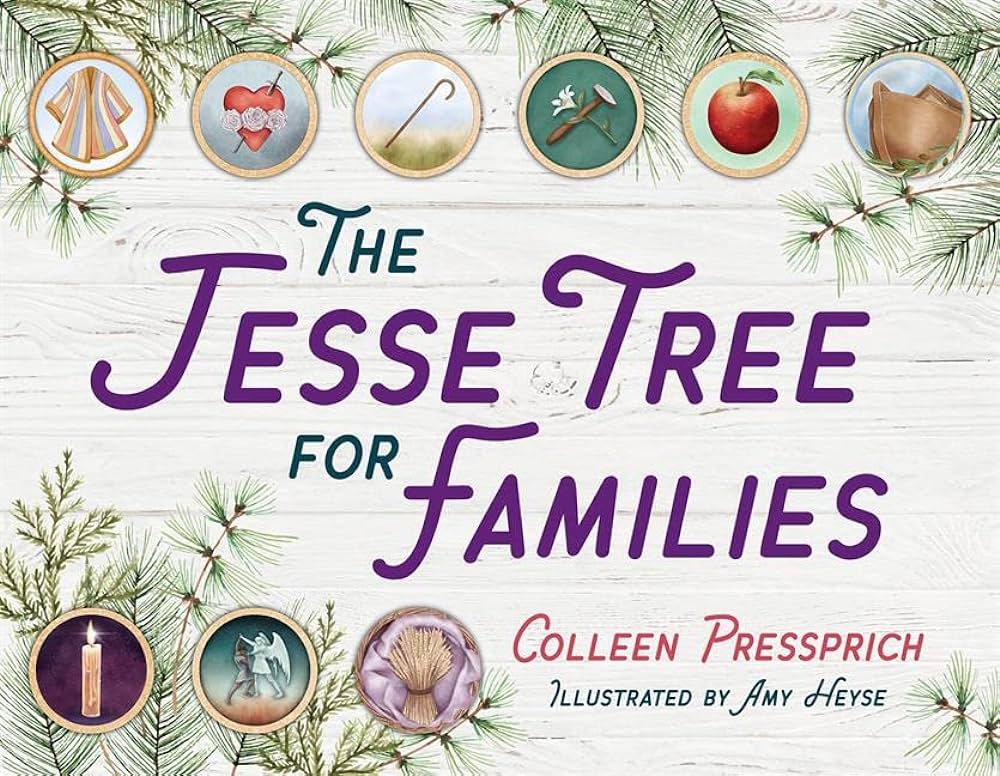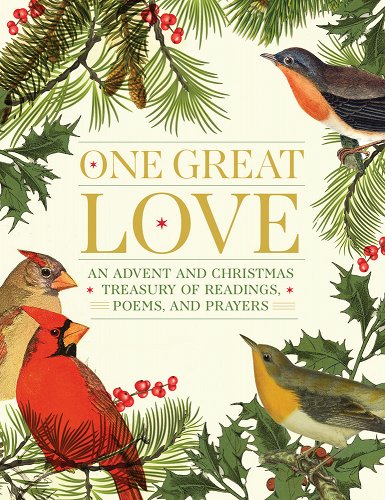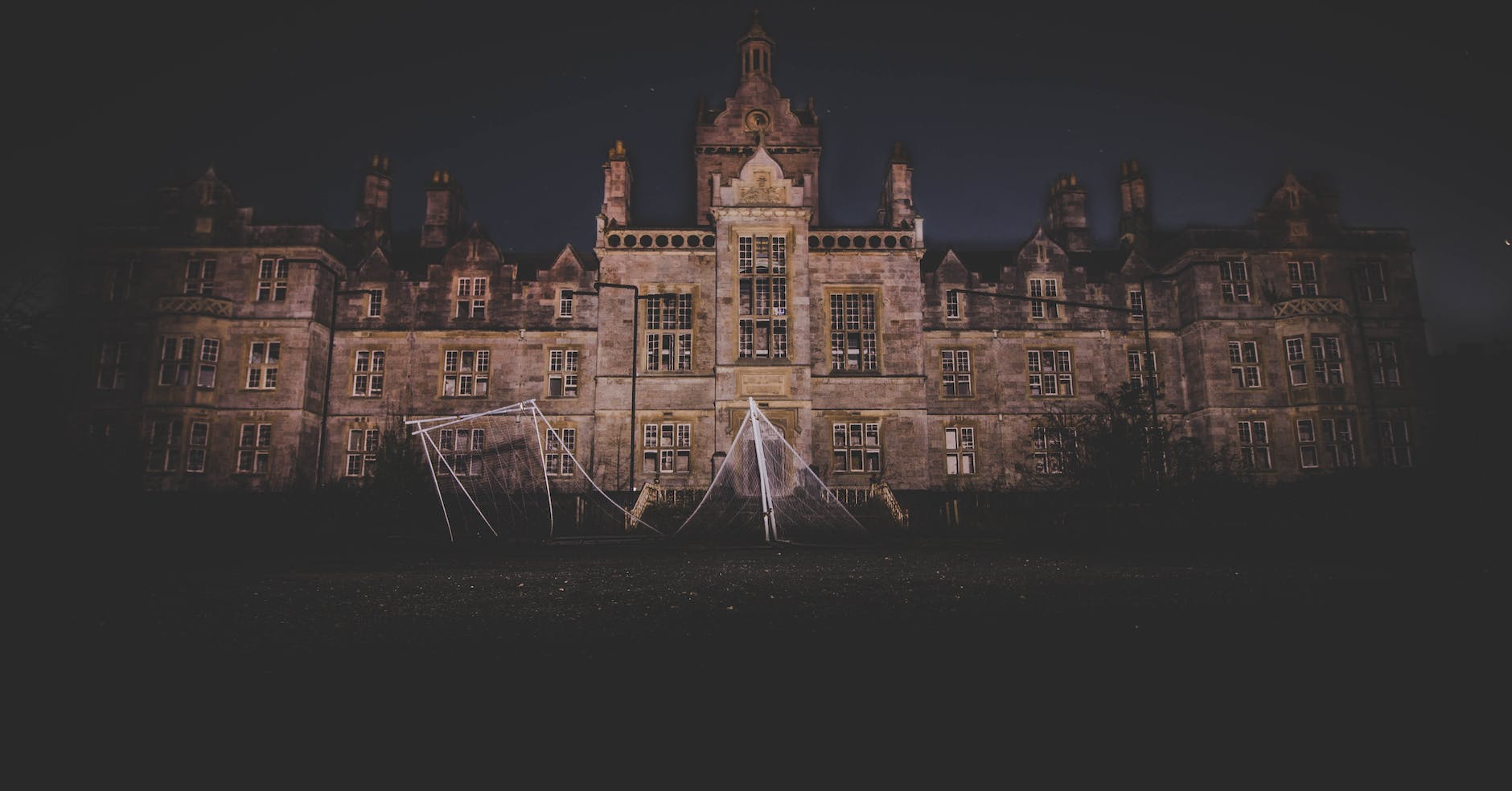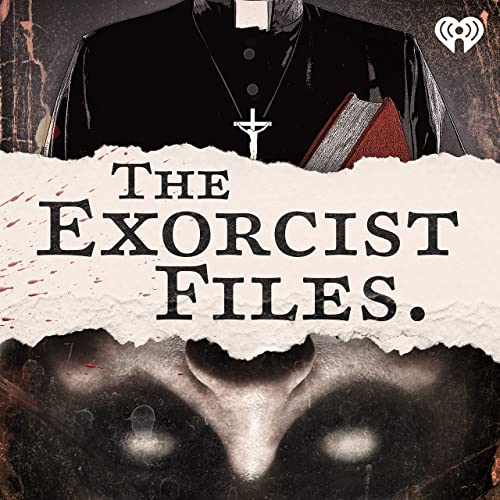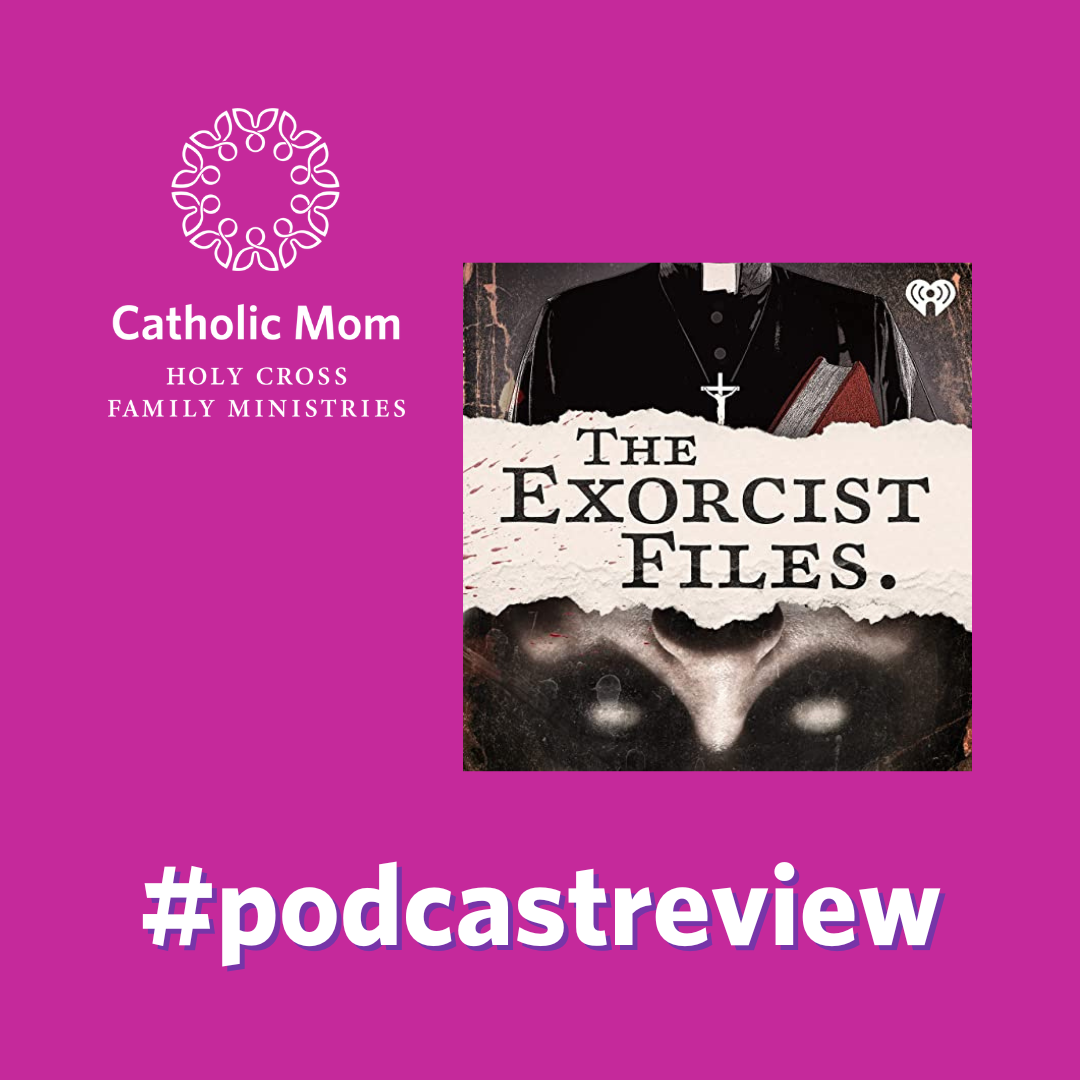This letter is free for you to read, but it took time and energy to produce. If you’re interested in supporting the work of This Catholic Family, I would be honored if you would prayerfully consider upgrading your subscription. Or, you can always buy me a coffee here.
Rose Colored Glasses
Some of my Catholic author credits state that I “joyfully received the Sacrament of Confirmation on Easter Vigil in 2016.”
Those words are certainly more than true.
After living my life as a passionate, Jesus-loving Evangelical, and then as a quiet agnostic afraid to leave the routine and community of church-going life, in 2016 I stood in front of thousands of people in a beautiful cathedral and confirmed my decision to live the rest of my life in the Roman Catholic Church. It had been a long, harrowing journey, but I will never forget the feeling I had that night. I felt so intimately connected to Church history, to the Church established by our Savior over 2,000 years ago. I know this is a favorite cliché among converts, but I literally felt like I had finished a long journey and finally had found my way home.
To me, everything about the Church was beautiful. The truth of it, the traditions, the Sacraments and the infusions of grace that come with them. Even the churches themselves, the stone Cathedrals, the stained glass, the columns that stretch to the heavens. The transcendence of it all that pulled my heart closer to my Lord and Savior.
I had the privilege of the first seven years since my conversion to keep those sweet rose-colored glasses largely intact.
One year ago, that changed.
It was bad, my friends. Even writing it out, it is difficult to accurately convey the seismic shift- the millions of tiny ripple effects that impacted multiple areas of life and that in many ways still do. But, in vague terms, some of the people in our community didn’t like a decision that someone in authority made. It wasn’t a morally problematic decision, but it was unpopular with some people. And the reaction to that decision threatened to tear the community apart.
The former Protestant in me railed- at the very least, aren’t we a group of people who assent to authority? This is how schisms start! We don’t have to like every decision, but a pastoral decision that we disagree with certainly isn’t reason enough to foment a full-scale rebellion, sights set on destruction???
Ah, Lorelei, you sweet summer child.
As someone who didn’t grow up Catholic, this shocked me. I knew that the many, many different denominations that I had gone to church at over the years were all a result of a schism, at one time or another, from a different church just a little further up on the branch of the Protestant family tree. As Catholics, surely we don’t do that. We assent to the authority of the Pope, of our Bishops, and of our Pastors because we believe Jesus established a Church and set it up that way for good reason.
I’m sure I had vaguely heard of parishes having extreme struggles before, but it was always distant, always far away. None of it ever felt even remotely close to hitting home. And then when we found ourselves smack dab in the middle of one of these struggles, I found my Catholic rose-colored glasses ripped off as I absorbed blowing winds around me.
I haven’t been able to find them since.
When Home Isn’t Safe
Some of the things that followed were incredibly painful. People began whispering about others and refusing to talk to them. I watched as a big ole game of telephone took place before me, as if all the grown-ups forgot that the point of that game is the farther away you get from the source, the farther away you get from the truth. In grown-up telephone, the distortions get bigger and louder, and sometimes they even grow teeth. I would be delighted to never hear another person start a sentence with “Well I heard…” ever again.
Our decision to support the authority of our church resulted in one of our children being bullied in a group text filled with her classmates, despite the fact that she doesn’t even have a phone. She found out the next day because the bullying left the digital sphere and spilled over into cruel words and harsh exclusion when she arrived at school the following morning. When she found out why, she rushed out of her classroom in tears.
I received an incredibly aggressive and hurtful email that left my heart racing and my hands shaking in front of my children that came from someone who I thought was kind. People stopped talking to us, stopped looking at us, stopped acknowledging our human presence entirely and in some cases I don’t think that I’ll ever get the chance to ask why.
Those are just a few of the pain points, though there were many more.
I’ve thought for months now that I want to get some words out about what happened, but I’ve also put pressure on myself to have come to some grand resolution about it all. I hoped that at some point I’d have some wise words to share about how I found my rose colored glasses, straightened out the bridge, and set them right back on my nose.
That hasn’t happened, and I’m not entirely sure that it will. I’m even starting to think that maybe I’m not meant to go back to the way things were before.
Before last spring, I would hear about people who left the Church because the people inside the Church are broken and can sometimes cause pain to others. It’s difficult to admit, but I’ve been internally judgey to people who leave the Church for a reason like that. I am quick to point out that Judas was a disciple, and that Peter denied Jesus three times on the literal night that he died for our sins, and that therefore leaving the Church because of a rotten egg or two doesn’t make any sense. People are imperfect, and that fact doesn’t do a single thing to alter the truth of Catholicism on the whole.
I get why people leave the church now.
Moving forward, I’m going to be a lot more humble when I learn about people who have experienced pain at the hands of fellow Catholics and who, in their pain, decided to leave. Because while the people in the Church are not the entirety of the Church, they are the face of the Church and the hands and the feet of the Church and therefore they become a representation of the Church to others. When those people do hurtful things, it is incredibly difficult to untangle the objective beauty of Catholicism and the ugliness right in front of your face.
It can feel like the very earth beneath your feet has been torn away to think you’ve found a safe space and then to find yourself feeling the exact opposite of safe in the community you chose to call home.

Good Friday
Easter weekend is right around the one year anniversary of when the path became increasingly difficult for us to walk, and as a person prone to marking landmarks in time and using them as opportunities to reflect, I found myself talking to JP about the past year as we sat outside our cabin on our recent trip to the Smoky Mountains.
“I don’t want the Church to be ugly,” I said. “I want it to be beautiful.”
In fact, that longing of my heart hits especially close to home today, on Good Friday, as I publish this post. It is the eight year anniversary of my entrance into the Catholic Church. Eight years since one of the most beautiful days of my life.
Another reason that I converted was I fell in love with the idea of “both/and,” a common refrain in so much of the Church’s logic and theology. Jesus is both God and human. We follow both scripture and tradition. God can have created the world and we can also accept science. On and on, the both/ands of our faith drew me to it and made me love it all the more.
And so, I have to fight internally rolling my eyes as I find myself begrudgingly admitting that maybe the Church is both ugly and beautiful at the same time. For the past year I’ve been wanting either/or- I’ve been wishing for and longing for and mourning the loss of the idea that it could possibly be all beauty. That it could leave any sliver of ugliness behind.
Good Friday is a perfect example of this, and therefore perhaps today is a perfect day for me to wrestle through it.
Jesus on the cross, purpled with bruising, nails in his hands, blood dripping down his face was objectively an ugly sight to see. But the fact that he chose that, out of love for us makes it also incredibly, astonishingly, breathtakingly beautiful too.
His suffering, and our own, is ugly. Loneliness, pain of any kind is a symptom of our fallen world and it stinks. But we also know, because of the cross, that something in that suffering, when put to work, can also bring about redemption.
We can’t skip Good Friday and still have Easter morning, can we.
I find that I like the idea of redemptive suffering far more than I like the actual suffering itself. I am certain that I will be wading through the murky waters of what happened for many years to come, along with any other suffering that comes my way. But just because I don’t like it, doesn’t mean that it isn’t important, or that there isn’t beauty to be found.
Some of my healing over the past year has come in the form of leaning into those true, good, and beautiful things. Finding consolation in the lives of the Saints, who lived very human lives and let God fill them up so much that there was nothing else. I’m drawn as much as ever into beautiful, reverent liturgy. I have carved out more time for stillness and quiet in prayer.
A year later, and things in our community are better now, by quite a lot. The culture is rebuilding and it feels healthier and on its way to becoming whole. If we had to do it again, we would have made the same decisions. I believe in the authority of the Church. It’s one of the major reasons I became Catholic in the first place.
I’m going to try and sit with these thoughts today, and in the days and weeks to come. I will wrestle through the idea of a church that can be ugly sometimes but that is also incredibly beautiful too. I will try and strip away the idea that in this area I must insist on an either/or.
During our recent porch conversation, JP suggested that maybe those years where I was able to wear my rose-colored glasses were a grace from God to let me settle in. This next part is harder, to be sure, but I also feel it is incumbent on me to not just be a passive recipient of the beauty of the Church, a consumer of it, if you will. I understand more than ever the importance of becoming part of the beauty of the Church, of leaning into the beautiful things and letting the grace of God form me so I look more and more like Him.
I don’t think I have come to any profound conclusions about the suffering we endured this past year.
But I do know this.
In a few hours, our family will load up into the minivan and go to gaze upon the cross. The ugliness of it. The beauty of it. And I will keep my heart open to the profound intermingling of the two.
-Lorelei
